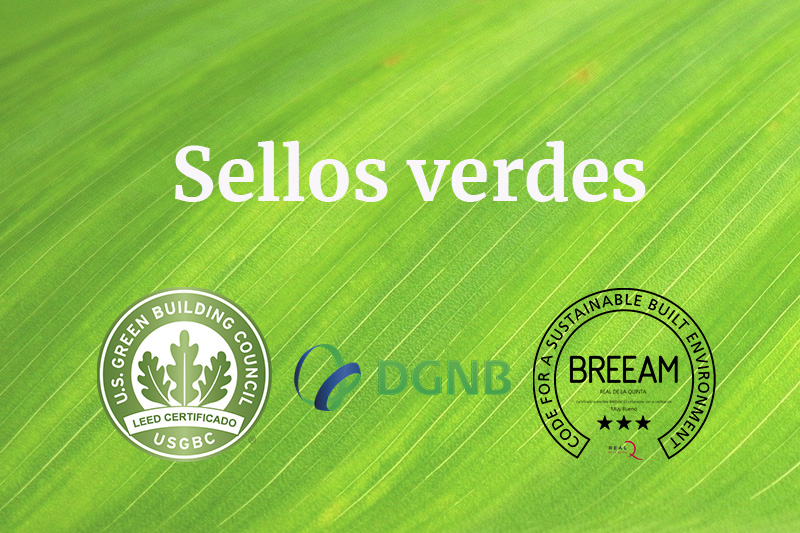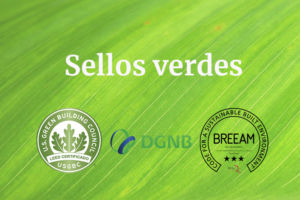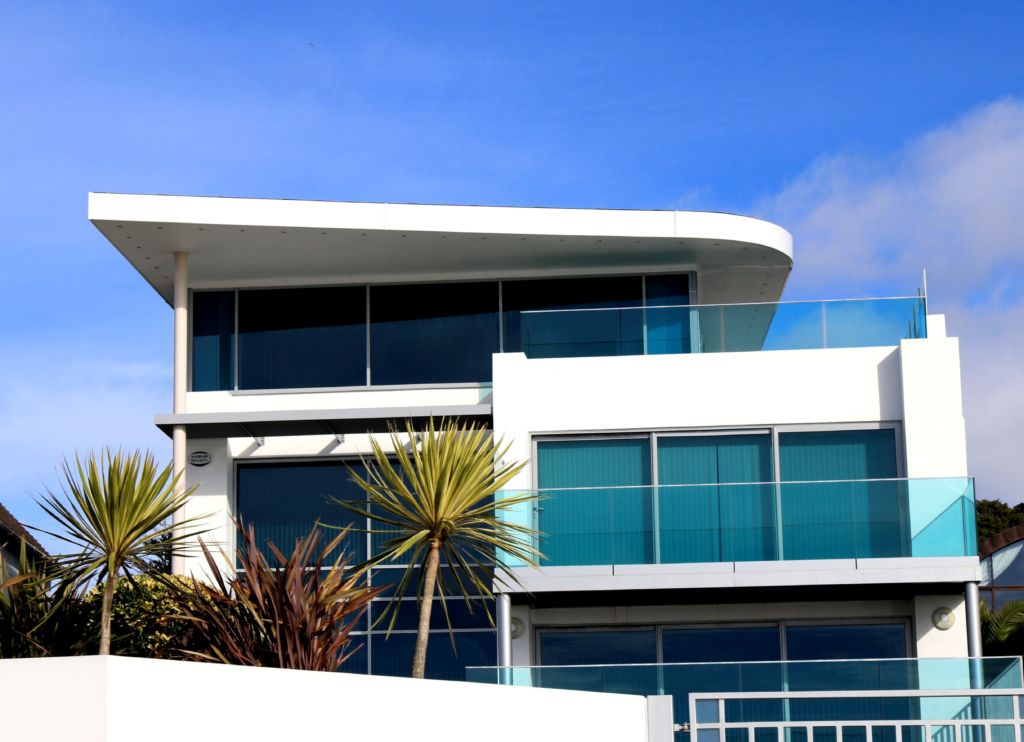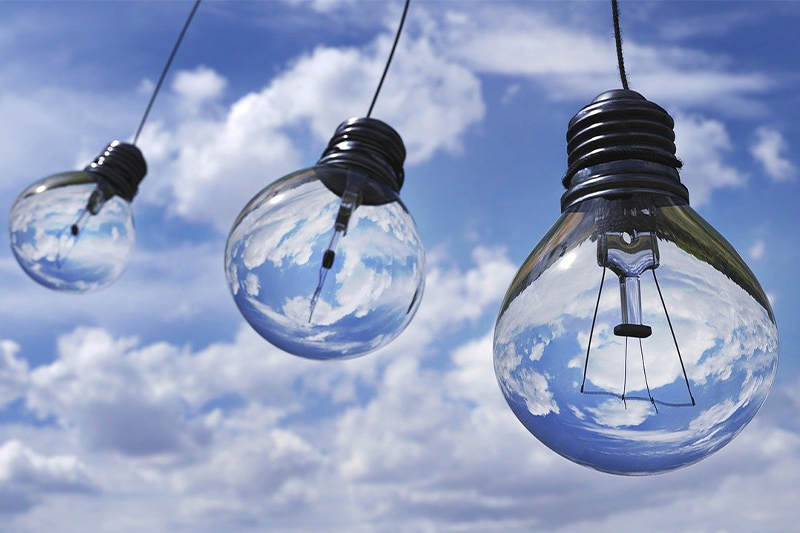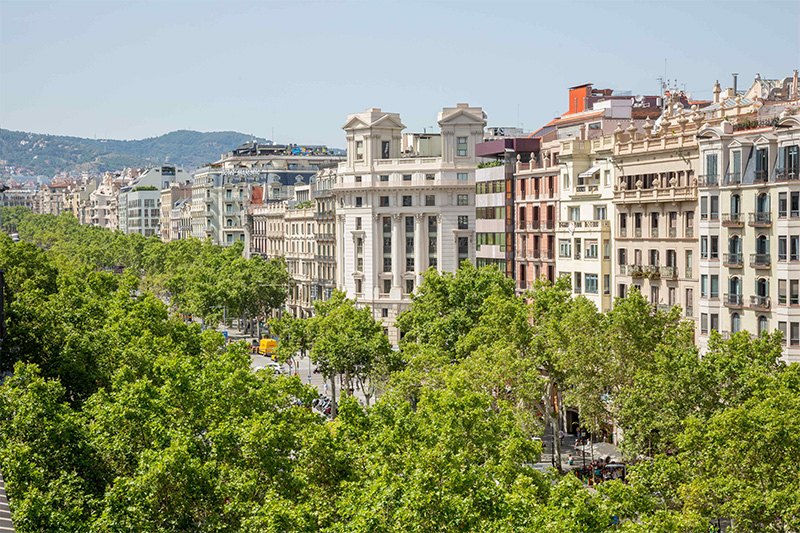Construction, renovation, material usage and the daily operation of a building have a large environmental footprint.
In Spain, 75% of total residential energy consumption is attributed to buildings. In 2004, buildings consumed 37% of all the world's energy, and it is estimated that this could reach 42% by 2030. These are extremely high figures, and we must be aware of the impact that will be generated when carrying out a new project.
How is sustainability quantified and analyzed?
There are sustainability accreditations to quantify and analyze the sustainability of a building. These are procedures that are audited by private entities that, in addition to analyzing the environmental impact of the construction and operation of a building, also analyze the economic and health and wellness aspects.
How many types of accreditations or green seals are there?
Some of the most internationally recognized accreditations or Green Seals used in Spain are: BREEAM, LEED and DGNB.
- BREEAM (Building Research Establishment Environmental Assessment Method): It was created in 1988 and launched in the United Kingdom. Registration, monitoring and evaluation of the building are carried out in order to obtain this sustainability accreditation. In Spain, a version adapted to Spanish regulations, market characteristics and industry has been developed (BREEMAN, ES).
- LEED (Leadership in Energy and Environmental Design): Created in 1993 and originally from the United States, LEED requires objective evidence to justify compliance with specific requirements in the areas of site sustainability, water use efficiency, indoor environment quality, energy efficiency and sustainable materials.
- DGNB (Deutsche Gesellschaft für Nachhaltiges Bauen): It was developed by the German Sustainable Building Council in 2007. The DGNB system considers environmental, economic and socio-cultural aspects of a building.
A green seal provides numerous advantages, among them: significant savings in resources, obtaining buildings that are durable, functional, accessible and respectful to people's health.
At Alting, we work with a vision of commitment to the environment in our projects. In view of the changes and transformations that the construction sector is undergoing, and despite the fact that there is still a long way to go to continue improving, we must promote sustainable and energy-efficient construction.

